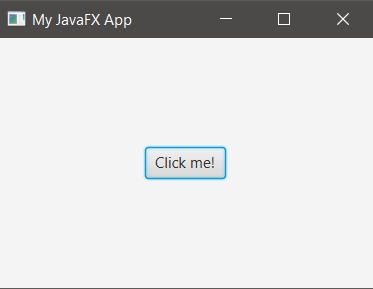Hello again and welcome back to this week’s update. Today, I want to discuss something very critical in software development but perhaps many find it quite intimidating (me included) – Software Technical Review. For any developer, whether they are a professional coder or just a beginner, getting familiar with this process will completely change the game. So, grab your coffee or another favorite brew, and let’s break STR down.
Firstly, what is it?
To describe it in simple terms, a Software Technical Review is a sort of code brainstorming. This procedure requires a team of developers – sometimes, other stakeholders, too, – to meet and look through the code and design of the project, as well as any other technical part. It is a kind of peer review of your code, where every team member, checks each other’s homework to make sure everything is on course before proceeding further.
Secondly, why is it important?
Well, STR helps identify bugs immediately, ensures software complies with quality requirements, and helps consultants stay up-to-date with a project’s aims. All in all, it’s like double-checking an essay before sending it: it would be quite irritating to receive a failing grade for a paper due to small mistakes that could have been rectified. Imagine the irritation when even small details can have a severe aftermath.
What actually happens in the review?
The team analyzes the code to detect blunders, potential security risks, and quality as a whole.
They examine the design document to see if the planned architecture makes sense, and if it is achievable.
The team also looks at the performance of the development and its ability to satisfy the requirements of the proposed user.
The members always come up with their ideas of what to upgrade or alter.
Who is involved, and not just developers?
Finally, here is the STR’s cast:
Project managers, who ensure the project is on the right path to its goals and timeline.
Quality assurance engineers are responsible for the quality and ensuring that no rough edges of under-functionality come out.
Other developers may see an error that was made in the code-reviewing phase by the coder.
Some review suggestions?
You should know what you have done without stammering, have an open mind to revision, know it is for everyone’s best, and try to avoid subjective opinions – stick to points on making your code better, not yourself worse.
As they say, two minds are better than one so try to take advantage of the other minds worrying about the same project as you in order to better yourself and your programming skills.
Till next time,
Ano out.
References
https://www.geeksforgeeks.org/software-technical-reviews-in-software-testing
https://www.softwaretestinggenius.com/understanding-software-technical-reviews-strs/
From the blog CS@Worcester – Anairdo's WSU Computer Science Blog by anairdoduri and used with permission of the author. All other rights reserved by the author.








